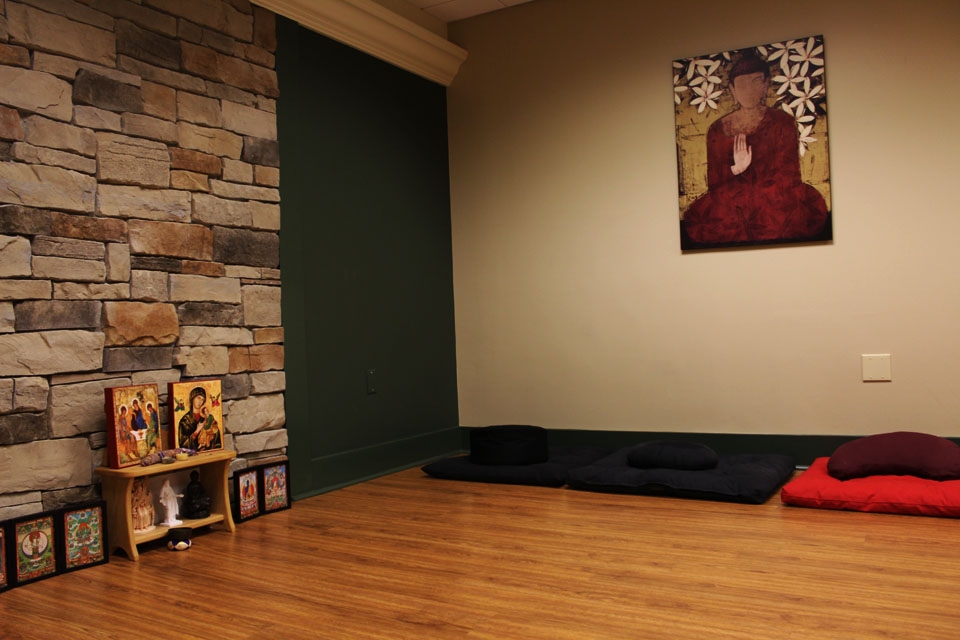
Andrew Cummings | multimedia editor
Oct. 21, 2021
Pain is one of the most powerful human sensations, and it is one that people are often drawn to when creating art.
The tortured artist is a constantly perpetuated cliché. Whether it be songs that detail the harrowing experiences of drug abuse and alcoholism, or movies that detail the intricacies of divorce, many popular works of art seem to revel in their despair.
The idea that an artist needs to suffer to produce meaningful art is dangerous and promotes unhealthy practices. The trope romanticizes unhappiness and can encourage people to live unhealthily.
The creator of “Squid Game,” Hwang Dong-hyuk, revealed that he lost six teeth due to stress from filming the series. Though not endorsed by the creator, he is still setting an example. He is an artist that was able to create an ultra-successful TV show, but at a severe cost to his physical health.
It is inevitable that there will be other artists that look to situations like this and internalize it. Whether it is conscious or subconscious, there will likely be some part of them that thinks it is okay to sacrifice their well-being to create a high-quality or commercially successful work of art.
The stereotype can have other negative side effects for artists. When Kanye West’s divorce was made public, there was discussion about how it may affect his next musical project. Some people seemed to think that because of his tumultuous life circumstances, he would have a lot of “material” to cover, which would lead to a better album.
This approach treats artists more like vessels than people — a problematic commonality in today’s world. To wish for or encourage something negative to befall someone in the hopes that it will lead to gorgeous art is horrifying.
According to a 2014 Swedish study at the Karolinska Institute, people working in creative fields were 8% more likely to live with bipolar disorder. Writers were an astounding 121% more likely to suffer from the condition, and nearly 50% more likely to commit suicide than the general population.
This goes against one of the fundamental reasons for art, which is to express the human experience in the hopes of bettering people.
It makes sense why this trope is so prevalent. There is something naturally alluring about watching someone experience hardship and overcome it. People are able to relate to it through their own troubles. But this does not make it right.
Art is one of the ways that people experience the world. If the only art that people experience is based on negativity, then it will likely reflect in their lives. Personally, I know that the type of music I listen to can affect my mood, so I try to be conscious of what I play.
This kind of art is of course still valid, and it is important. It is a means to express pain in a non-destructive way that other people can learn from. But I think that there is too much focus on tragic art and not enough appreciation for works born from positive experiences.
This topic can be extended to include all types of work and passions beyond art. There seems to be a popular mindset based around “the grind,” the idea that if you work hard you can accomplish great things.
While it is important to put in work, it is only healthy to a certain degree. If someone becomes unhealthy or miserable as a result of overworking, then it brings into question the point of it all.
If sacrificing your health and happiness is what it takes to “get to the top,” then is it really worth it?
Life is about balance. People have many different things that they need to keep track of and tend to, but health and happiness should not be forgotten in the process.



